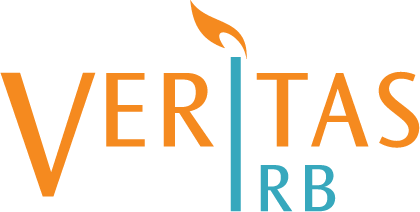IND Submission Process in the U.S.
CTA Submission Process in Canada
The approval process is different in Canada. Once a CTA has been submitted and reviewed, Health Canada notifies the Sponsor within 30 calendar days if the application is found to be acceptable or deficient. If the application is deemed acceptable, a No Objection Letter (NOL) (Guidance Document For Clinical Trial Sponsors: Clinical Trial Applications, section 2.5) is issued by Health Canada. Clinical study activities cannot begin until the NOL has been issued by Health Canada and the Study has been approved by an IRB/REB. The same process applies when there is an Amendment to the Clinical Study Protocol. As per Canadian regulations, the Amendment may not be implemented at any Sites in Canada until Health Canada has issued a new NOL (or an Acknowledgement of Notification for non-substantive modifications to the Protocol). It is the Sponsor/CRO’s responsibility to ensure that no Sites implement the Amendment until Health Canada has issued the new NOL.


